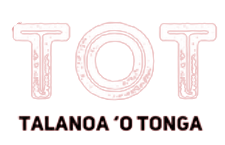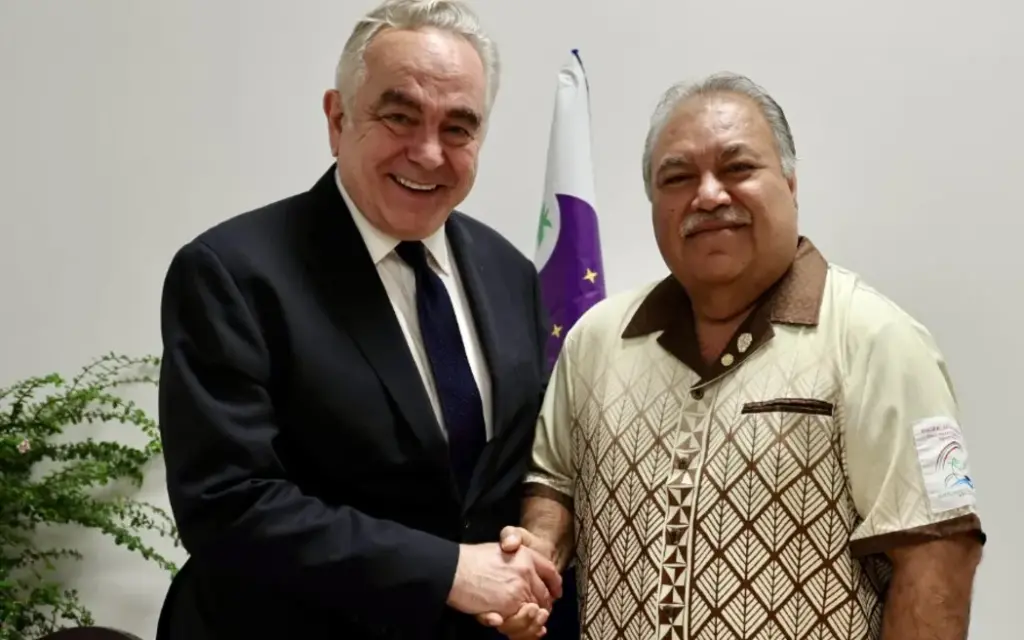The United States continues to expand on its diplomatic presence in the Pacific region, according to Deputy Secretary of State Kurt Campbell. Speaking at the 53rd Pacific Islands Forum (PIF) Leaders’ Meeting in Nuku’alofa, Campbell said that Washington has been attentive to the needs and concerns of Pacific Island nations.
“Our step up here in the Pacific has been very substantial,” Campbell said, highlighting the US’s recent initiatives in areas such as climate change resilience, illegal fishing, education, technology, and connectivity. He announced a US$25 million contribution to the Pacific Resilience Facility, a fund designed to help Forum members access financing for climate adaptation, disaster preparedness, and early disaster response projects.
Campbell said that the US has been listening carefully to the leadership of PIF and individual countries, tailoring its contributions to meet their specific needs. He described this as “an exciting time” for US-Pacific relations, with the US seeking to strengthen partnerships both with traditional allies like Australia and New Zealand, and newer partners such as Japan, South Korea, and India.
Since 2021, the US has ramped up its engagement with the Pacific by hosting two Pacific Islands Forum Summits at the White House, opening new embassies in Solomon Islands, Tonga, and Vanuatu, and launching the first US-Pacific Partnership Strategy. The US has also recognised the Cook Islands and Niue as sovereign states and expanded its diplomatic and aid presence across the region.
Campbell said they have concerns about China’s influence in the Pacific, particularly regarding “power projection” and support for undemocratic elements. However, he affirmed the US’s commitment to transparency, human rights, and the rule of democracy, welcoming any country, including China, that seeks to genuinely improve the living standards and well-being of Pacific peoples.




